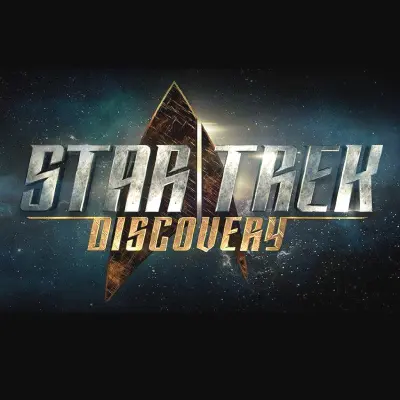Star Trek: Discovery boldly goes in a new direction in Season 3
-

"Every iteration of Star Trek is a reflection of the era in which it is telecast, with elements of its storytelling updated to suit the era-specific sensibilities of its audience," says Melanie McFarland. "Specific rules and principles carry over from series to series and generation to generation to maintain some standard framework around which fans can engage with what they love about the franchise and what it stands for. This makes the new season's departure from everything fans take for granted about Star Trek a refreshing challenge and one that has the potential to change how we view the Trek universe in general. Fans can argue and gripe over the merits and legitimacy of events in the Prime and Kelvin universes, but by removing the Federation from the equation entirely from a future more distant than the show has boldly gone before is inspired. People imagine our future is based on everything we know in the present, and that includes the assumption that the rules holding together the fabric of our existence may be tested but will usually hold or can be repaired in the event of their breakage. But if everything we take to be true disappears overnight, this throws the course of our existence into question. In a real sense the world experienced this in 2016 when America elected a despot, and a vast portion of the public soothed itself by reminding their freaked out friends that the Constitution's system of checks and balances would assure he wouldn't do too much damage to the nation and the world. Little wonder, then, that this new season flips over the table on our assumption that Gene Roddenberry's bright, powerful and fair Federation would survive and flourish beyond a thousand years, a similar assumption to one we're guessing that a devoted citizen of the Roman Empire might have held."
ALSO:
TOPICS: Star Trek: Discovery, CBS All Access
